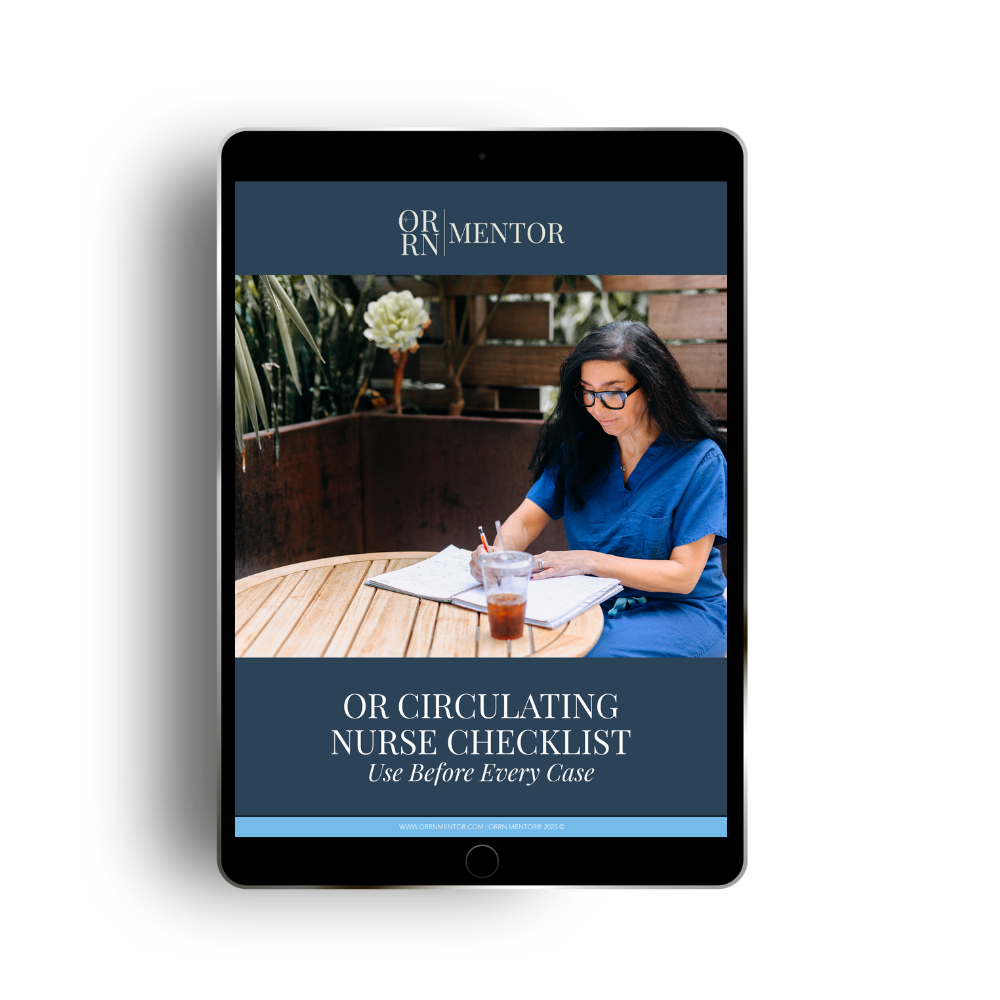How to Interview to Land That Job

Interview tips for new or seasoned nurses looking to land that perfect job because in todays job market competition is tight and you want to be able to stand out in that crowded room of applicants.
Come Prepared to the Interview:
Research the Organization. For example, if you are interviewing at a hospital you should know the following:
- How many beds they have
- What is there patient demographics
- Who is the hospital CEO and the key players
- What service lines are their top performers
Bring with you a portfolio
This is something that can be done by you or you can spend the money to have it done professionally ( which I don’t recommend)
You can spend just a little time and very little money to create a very eye pleasing portfolio with all the necessary documents. I do highly recommend using Staples or some other office supply company for nice paper and copying abilities.
Here are some of the documents you should have in your portfolio:
- Extra resumes- you never know how many people may be at the interview. Have a resume available in case someone forgets to bring the one you forward during your application process.
- Letters of recommendation
- Awards
- Certificates of Achievement- This can be at a previous job or during your tenure at school.
Remember this is your time to brag about yourself!
Come with Questions
- At the end of the interview the interviewee may ask you if you have any questions. You want to be prepared to ask at least 2-3 questions that are pertinent to your job.
- Have more that 2-3 questions available on your writing pad. Some of the questions you have may be answered during the interview, so you want to have extras at hand.
- This can also be a time to get clarification on the job is something in the job posting was not clear to job such as the expectations of the job.
Some examples of questions can be:
- Are there opportunities for professional development?
- What is your favorite part about working here?
- What characteristics are you looking for in an ideal candidate?
- What are the weekend commitments?
- Is there a specific dress code or color uniform for nurses?
- What documentation system do you use?
Appearance- Remember 1st impressions are lasting impressions
- How you look says a lot about how much you care about wanting this job. If you take pride in your appearance and the way you present yourself then you must put that same care into your work, it speaks volumes!
- Make sure nails are clean and manicured. No loud colors or long (talon-like) nails
- Keep makeup at a minimum-this is not a Broadway performance
- A nice dark pant suit is clean and very professional. Pair that with a white dress shirt. Ladies keep your heels comfortably low and guys don’t forget the tie, belt and socks!
- Keep tattoos covered-that’s all I’ll say there
- Hair should be neatly combed or pull back in a pony tail
Be On Time
- Give your self plenty of time to get lost, park your car, use the restroom and put yourself together before the interview.
- Show up at the interview spot about 5-10 minutes before your scheduled time.
- Shake hands with everyone you are introduced to
- Punctuality is key!
The Interview Questions
It’s is very important to remember to draw on experience to answer your questions. The team is looking to see how you handle certain situations and what best way to present that than by sharing real life experiences.
Here are a few questions that you may get asked:
- Why did you become a nurse?
- Tell me about a time when you had to deal with a difficult doctor?
- How would you handle an unwanted or tense situation with a coworker?
- Where do you want to be in 5 years? (Have a plan)
- Tell me a little about yourself?
- What are your strengths/weaknesses
Finally, Send A Thank You
- This is so important and a vital part of the interview process
- 68% of Hiring Managers said receiving a thank you note affected their decision-making process about a candidate
- Sending a personalized thank you email puts you ahead of the competition
- Send the thank you email within 24 hours of your interview. If you interview on Friday send the email either Friday night or Monday morning. Never send the email over the weekend.
- Make sure you ask for a business card from every participant in the interview and then send each person a personalized, slightly different thank you email
Need help drafting templates? Here are two email templates to utilize:
OPTION ONE
Thank you (Interviewers Name)
Hello (Interviewers Name),
Thank you so much for taking the time to meet with me and talk about the position of (position name) yesterday. It was a pleasure to learn more about the organization.
Our conversation made me more excited to join (name of organization). What interested me was (mention something you discussed the piqued your interest).
I am confident that my skills will allow me to succeed, it is a position that I am excited to take on.
Please do not hesitate to contact me should you have any further questions.
Best Regards,
Your Name
OPTION TWO
Subject line: Thank you (interviewers name)
Hello (interviewers name).
Thank you for taking the time to meet with me on (date/day). I am very excited about the opportunity to work at (name of organization).
The (role or name of position) sounds very exciting and it’s a role that I believe I can excel in because of my personality and ability ( to work in a team environment/ or connect with something that was discussed during the interview).
Please feel free to contact me if you have any further questions or need clarification on anything we discussed. Thank you again, (interviewers name).
Best Regards,
Your name







